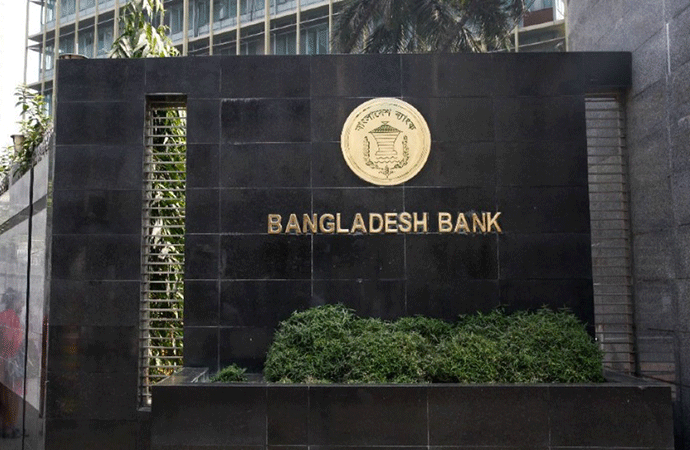Featured 1

Collected
We support Bangladesh Bank's decision to cling to a tight monetary policy, as revealed in its Monetary Policy Statement for the next six months, which came out at the end of the week. Governor Ahsan Mansur's efforts at reining in inflation are just starting to bear fruits, although we maintain that more could be done in this regard, particularly by way of more effective market monitoring. Nevertheless, as inflationary pressures slightly eased during the April-June quarter, and to the extent that inflation continues to pose as the greatest challenge to the economy, we feel now is not the time to let loose on interest rates - the principal instrument of monetary policy.
The gap between the growth rate in wages and consumer good prices also narrowed. According to the latest report from Bangladesh Bank, this marginally increased the purchasing power of low-income groups, although real income still remains in the negative.
The report titled "Inflation Dynamics in Bangladesh" states that the average inflation rate during the final quarter (April-June) of the 2024-25 fiscal year stood at 8.9 percent. Although slightly down, it remains at an uncomfortable level. Point to point inflation fell below 9 percent for the first time in 27 months in June.
During the same 3-month period, the wage growth rate was 8.2 percent - indicating that income is still lagging behind expenditure, and continuing a trend that has persisted for 41 consecutive months - even if the gap has shrunk somewhat.
The report further notes that food inflation, which was in double digits during much of the last year or so, gradually declined to 7.4 percent by June. Notably, this happened despite the prices of essential, staple items travelling in the opposite direction. The price hikes of rice and wheat were the major drivers of food inflation during this quarter, accounting for 43.7 percent of the pressure - their highest contribution in recent times.
This analysis from Bangladesh Bank comes at a time when multilateral agencies are also forecasting a gradual decline in inflation in the coming days. The Asian Development Bank, in its April report, estimated that average inflation in Bangladesh for the 2024-25 fiscal could be around 10 percent, which was largely correct. At the same time, it estimated that favourable weather conditions, falling global commodity prices, and "strict policies" - and a tight monetary policy would certainly fit that description, could help ease inflation in the new fiscal (2025-26), that we have now stepped into.
Meanwhile the International Monetary Fund, in its latest World Economic Outlook, forecast that while global inflation is expected to decline slower than anticipated, low-income and developing countries, such as Bangladesh, may witness a faster decline. According to the IMF's forecast, average inflation in Bangladesh may remain close to 10 percent over the length of 2025, but gradually decline to around 5 percent in subsequent years. That almost sounds too good to be true. Maintaining a tight monetary policy will be essential to realising that, not only over the next six months, but beyond that as well.

























Leave a Comment
Recent Posts
Religion and Politics: A Toxic ...
At Dhaka University, cafeteria workers have been told not to wear shor ...
Enayetullah Khan joins AsiaNet ...
AsiaNet’s annual board meeting and forum was held in Singapore, ...
In a New York minute
Many leaders back a UN call to address challenges to ..
Defaulted loans at Non-Bank Financial Institutions ( ..
How the late Zubeen Garg embodied cultural affinitie ..